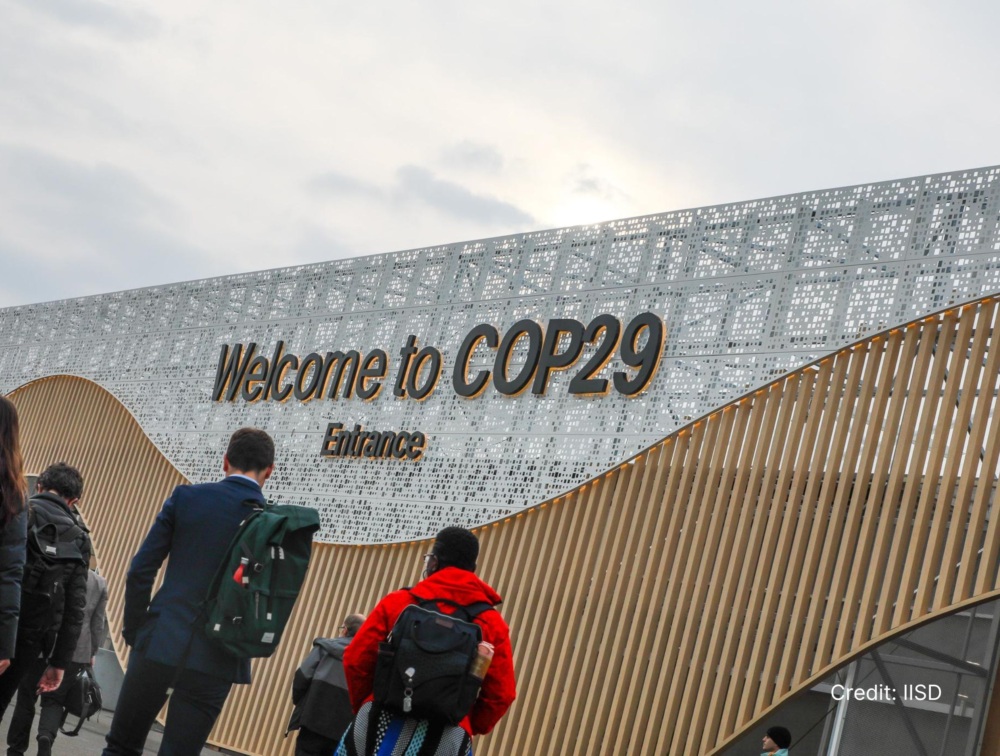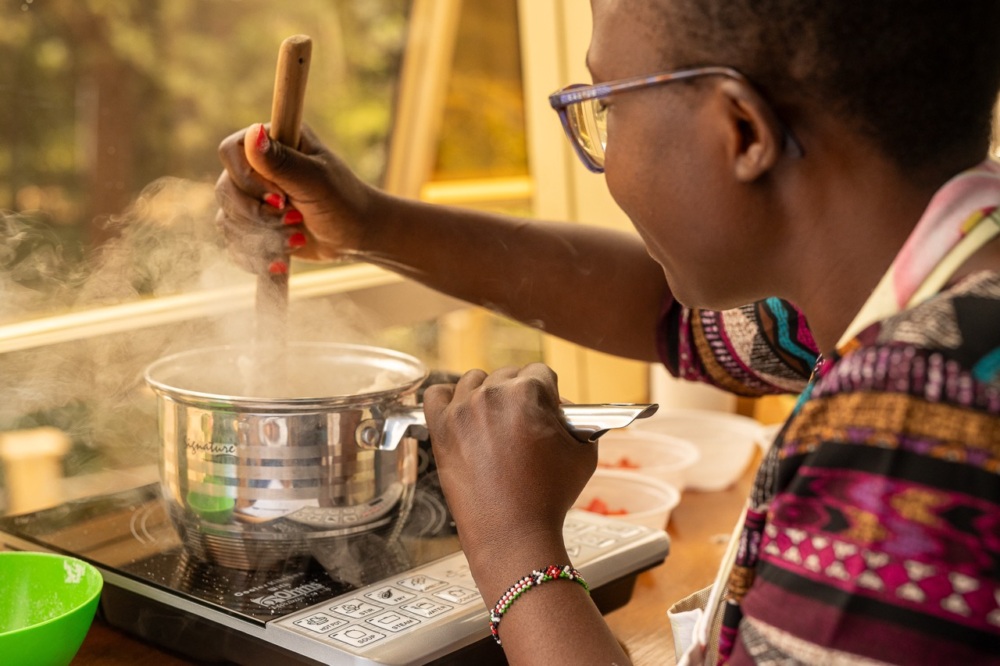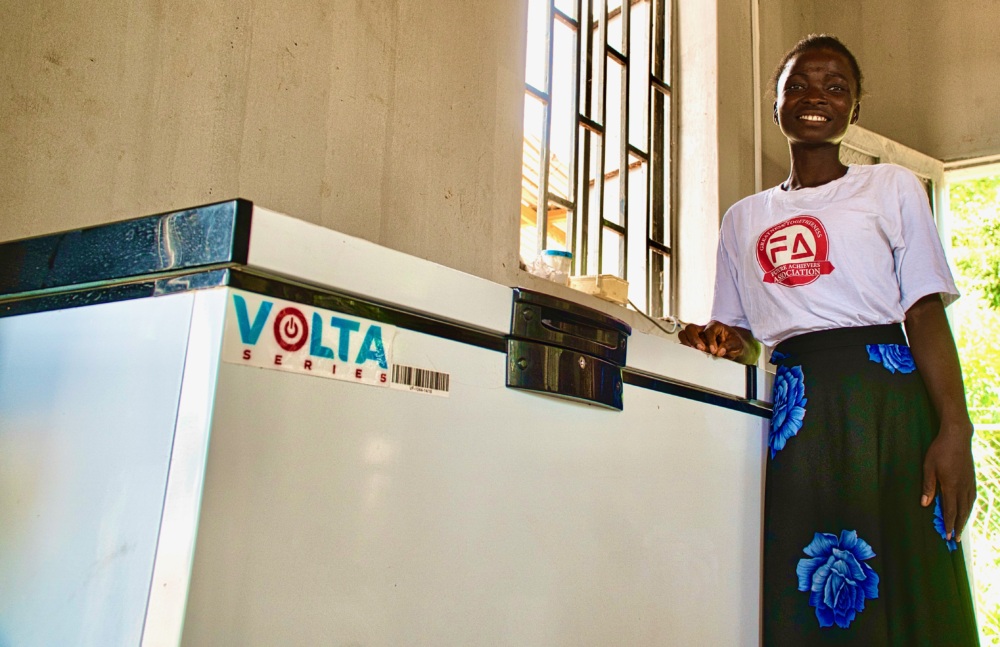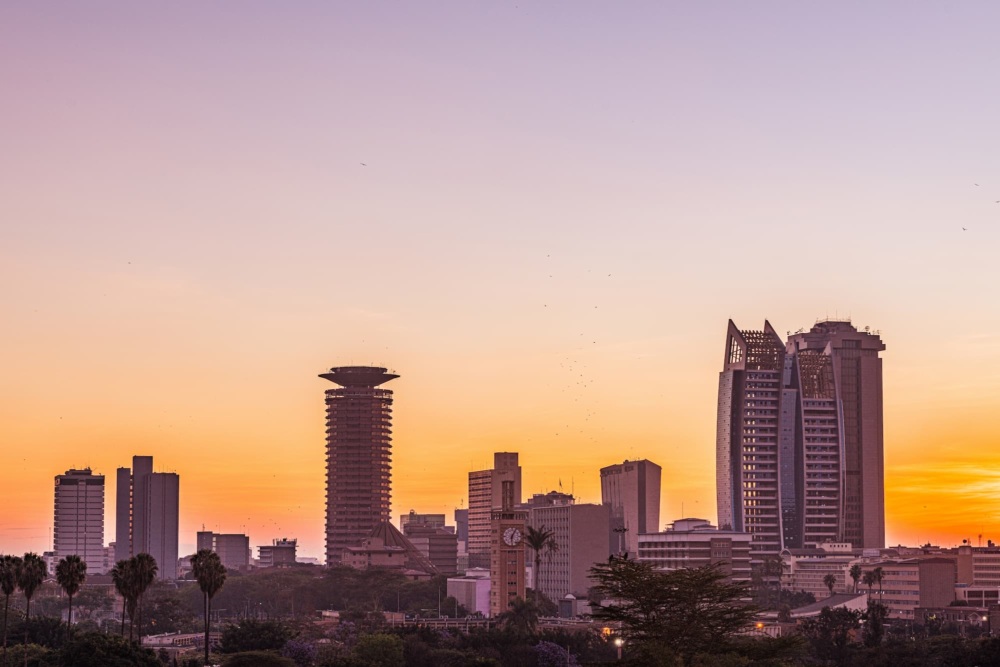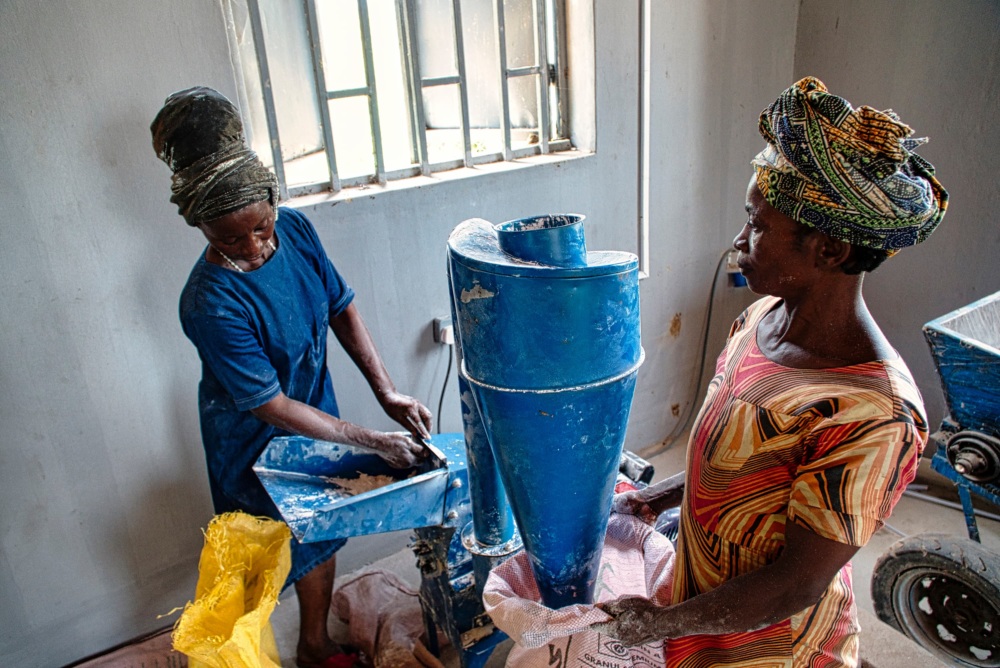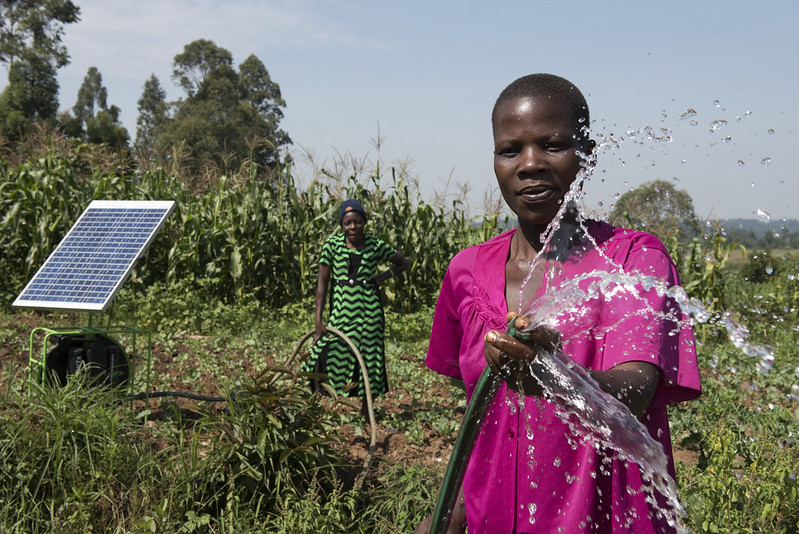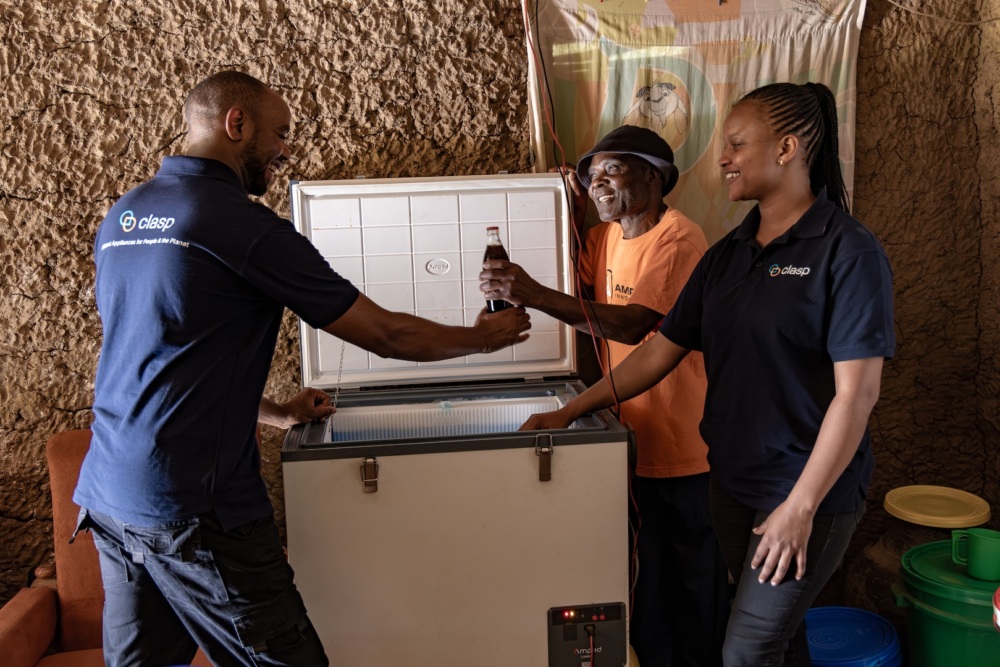Seven Clean Cooking Companies Selected for CLASP Support in Uganda
CLASP selected seven companies working in Uganda to promote the sale of over 12,000 affordable, clean cooking appliances over the next year, using innovative financing.
Although improved access to modern, energy-efficient cooking appliances offers substantial health, economic, gender, and quality of life benefits, many small businesses in this sector still face market challenges. CLASP, in partnership with GIZ Uganda, the Netherlands Enterprise Agency (RVO), and the European Union (EU), wants to change this. Together, they will disburse $230,000 USD in subsidies to support seven small and medium businesses selling a range of electric cooking and higher-tier biomass stoves in Uganda.
Strengthening Supply for Local Businesses
This initiative, called the Higher Tier Cooking Component (HTCC) Uganda, aims to strengthen the supply side of the clean cooking sector. It works by providing procurement subsidies that the companies use to scale their business operations and increase their customer base. In turn, this will increase the affordability of higher-tier cookstoves in Uganda.
Companies selected for support
| Company | Cooking Appliance |
|---|---|
| Bidhaa Sasa | Electric Pressure Cookers, Charcoal Stoves |
| Conservation and Development Uganda Ltd (CODE) | Biomass Pellet Stoves |
| Ezylife Holdings Limited | Charcoal Stoves |
| Potential Energy, Inc. | Electric Pressure Cookers |
| ReNewable Hub (U) LTD | Electric Pressure Cookers |
| TEECO Uganda Limited (a subsidiary of PowerUp) | Electric Pressure Cookers |
| UpEnergy Uganda Limited | Electric Pressure Cookers |
Financing for Clean Cooking Outcomes
Through the program, CLASP and its partners aim to enhance the affordability of clean cooking appliances, reduce indoor air pollution, and highlight the energy and cost savings that stem from clean cooking. The ultimate goal is to increase the adoption of more efficient clean cooking appliances for households and small businesses across Uganda.
“CLASP is optimistic that our support will enable the selected companies to ramp up their e-cooking sales,” commented Sam Grant, Senior Director of Clean Energy Access at CLASP. “Similar to other initiatives focusing on clean cooking for this market, we are keen to see the number of Ugandans with access to clean cooking rise far above the current 5% of the population.”
The selected companies are expected to cumulatively sell over 12,000 electric pressure cookers and higher-tier biomass stoves. This will enable access to high-quality, low-emissions, and energy-efficient cooking technologies for more than 60,000 end-users between April 2024 and March 2025.
 Image credit: EzyLife
Image credit: EzyLife
 Image credit: UpEnergy
Image credit: UpEnergy
The HTCC Uganda project received 17 applications from clean cooking technology companies operating in Uganda during the public auction window. The total subsidy ask exceeded $2.19 million for 157,756 units of clean cooking products, highlighting the significant demand and potential impact of the program.
***
About the Higher-Tier Cooking Component (HTCC) Results-based Financing Program
The HTCC Uganda RBF is administered by CLASP in partnership with the German Development Agency (GIZ) with support from the Netherlands Enterprise Agency. The HTCC is part of the multi-country Strengthening the Entrepreneurial Ecosystem for the Clean Cooking (SEE-CC) program commissioned by the Netherlands Enterprise Agency and implemented in partnership with EnDev. SEE-CC supports small and medium-sized enterprises in Uganda to enhance their business operations, access finance for upscaling, and drive innovation in the clean cooking sector.
For any questions on the Higher-Tier Cooking Component program, please get in touch with financing@clasp.ngo.
Subscribe to our newsletter for more updates on the Uganda RBF Program.

